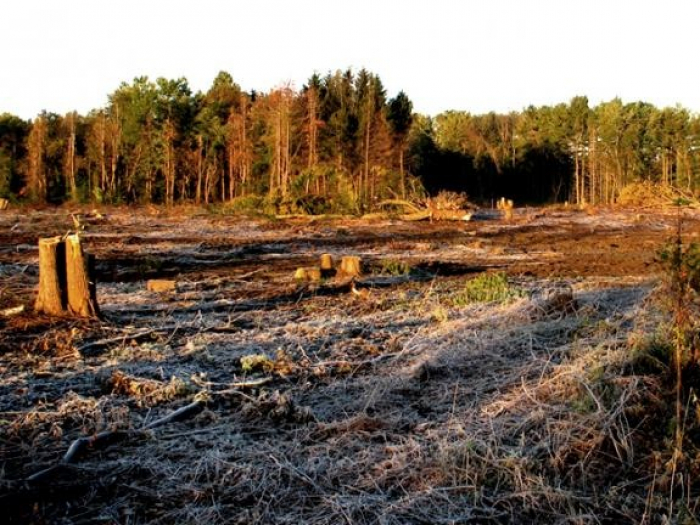International lawyers are drafting plans for a legally enforceable crime of ecocide – criminalising destruction of the world’s ecosystems – that is already attracting support from European countries and island nations at risk from rising sea levels.
The panel coordinating the initiative is chaired by Prof Philippe Sands QC, of University College London, and Florence Mumba, a former judge at the international criminal court (ICC).
The aim is to draw up a legal definition of “ecocide” that would complement other existing international offences such as crimes against humanity, war crimes and genocide.
The project, convened by the Stop Ecocide Foundation at the request of Swedish parliamentarians, has been launched this month to coincide with the 75th anniversary of the opening of the Nuremberg war crimes trials of Nazi leaders in 1945.
Several small island nations, including Vanuatu, in the Pacific and the Maldives, in the Indian Ocean, called for “serious consideration” of a crime of ecocide at the ICC’s annual assembly of states parties in December last year.
The French president, Emmanuel Macron, has also championed the idea and the Belgian government has pledged support. The shadow justice secretary, David Lammy, has also called for ecocide to be incorporated into law.
The international criminal court, which is based in The Hague, has previously promised to prioritise crimes that result in the “destruction of the environment”, “exploitation of natural resources” and the “illegal dispossession” of land.
An ICC policy paper in 2016 said it was not formally extending its jurisdiction but would assess existing offences, such as crimes against humanity, in a broader context. There have been no formal investigations or charges of this type so far.
Sands said: “The time is right to harness the power of international criminal law to protect our global environment … My hope is that this group will be able to … forge a definition that is practical, effective and sustainable, and that might attract support to allow an amendment to the ICC statute to be made.”
Mumba, a judge at the Khmer Rouge tribunal and former supreme court judge in Zambia, said: “An international crime of ecocide may be important in that individual/state responsibility may be regulated to achieve balance for the survival of both humanity and nature.”
Jojo Mehta, the chair of the Stop Ecocide Foundation, told the Guardian: “In most cases ecocide is likely to be a corporate crime. Criminalising something at the ICC means that nations that have ratified it have to incorporate it into their own national legislation.
“That means there would be lots of options for prosecuting [offending corporations] around the world.”
Mehta said one challenge for the drafting panel would be to define at what point an ecocide offence would come into force. Chopping down a single tree on a village green would not be sufficient, she explained.
“It would have to involve mass, systematic or widespread destruction,” she added. “We are probably talking about Amazon deforestation on a huge scale, deep sea bottom trawling or oil spills. We want to place it at the same level as atrocities investigated by the ICC.”
The 13-strong legal panel of experts from around the world include Tuiloma Neroni Slade of Samoa, who is also a former ICC judge. They are planning to complete their work early next year.
The Guardian
More about: #EcosystemDestruction















































